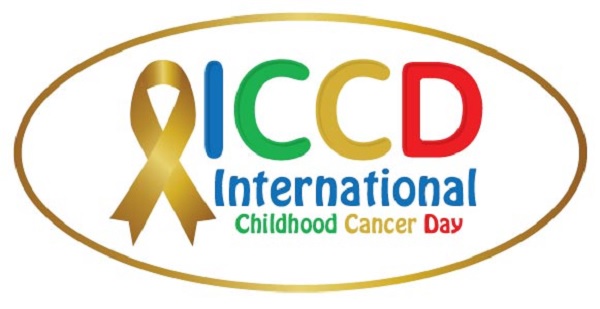
Today, February 15 is International Childhood Cancer Day
On International Childhood Cancer Day, which falls today, we pause to recognise contributions by advocates around the world and call for renewed collaboration to care for children with cancer.
International Childhood Cancer Day is celebrated annually to raise awareness of and to express support for children and adolescents with cancer, survivors and their families.
Advertisement
Childhood cancer is a disease that has not received much attention in the country. For a very long time, the focus has been on adult cancer — breast, prostrate and cervical cancers.
According to the World Health Organisation (WHO), each year, approximately 300,000 children are diagnosed with cancer — a disease that touches countless families and communities in all regions of the world.
However, the WHO says that “with access to quality care, more than 80 per cent of children with cancer can survive, living full and healthy lives”.
But many children in low- and middle-income countries do not receive or complete care, and, as a result, over 90 per cent of childhood cancer deaths occur in low-resource settings.
Ghana, a middle-income country, records an estimated 1,200 cases of childhood cancer every year.
On the average, the Korle Bu Teaching Hospital, which has the largest cancer registry, is said to record approximately 170 new childhood cancer cases every year, with Lymphoma, a condition that affects the immune system, being the leading cause of death among children.
Other leading cancer conditions include Leukemia, which records 16 per cent of all cancer cases; Wilms, 14 per cent and Retinoblastoma, 12.5 per cent.
Presently, between Korle Bu and the Komfo Anokye Teaching Hospital (KATH), which have the oldest cancer registries, there are only six trained oncologists with radiotherapy and chemotherapy treatments available at the two centres.
The WHO has, over the years, highlighted the importance of diagnosing childhood cancer early and improving access to treatment for children and adolescents with cancer.
The situation, however, is that the cost of cancer treatment in the country is high, with that of childhood cancer being no different, and this deters many parents from sending their children for treatment.
One organisation that has, since 2008, been knocking on the doors of people in authority to ensure that the cost of childhood cancer does not scare parents and guardians from sending their children and wards to hospital is the Dr Robert Mitchell Memorial Foundation (RoMMEF).
The Founder and Chief Executive Officer (CEO), Mrs Emma Mitchell, is of the view that if the diagnosis and treatment of childhood cancer is absorbed by the National Health Insurance Scheme (NHIS), the lives of many children can be saved.
The Daily Graphic shares this position and concern of the CEO of the foundation.
We are of the firm belief that should the NHIS absorb the cost of childhood cancer treatment, a lot of burden will be lifted off most parents.
Again, absorbing the cost will help the country get an accurate cancer registry for it to be able to research into the particular types of cancers that are presented in various hospitals, as most parents and guardians will not hide their children at home or send them for unorthodox treatment because they consider the ailment as a taboo.
We, therefore, urge society to make issues concerning children, including childhood cancer, a top priority, so that children can also grow into their full potential and become the future leaders that we so much desire.
We further call for a global response to give every child the best chance of surviving cancer by raising awareness of and improving access to healthcare centres.



